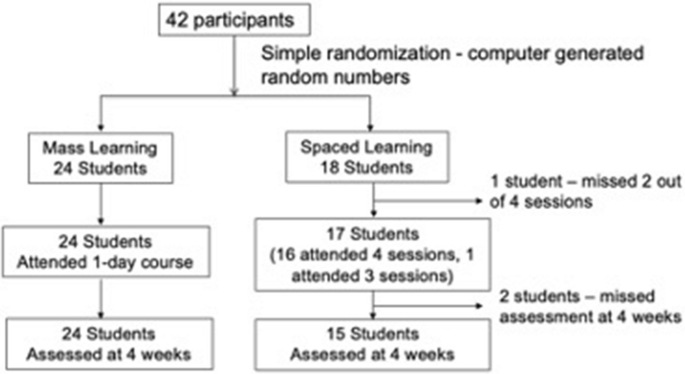- Select a language for the TTS:
- UK English Female
- UK English Male
- US English Female
- US English Male
- Australian Female
- Australian Male
- Language selected: (auto detect) - EN
Play all audios:
The FDA granted accelerated approval to Adaptimmune Therapeutics's afamitresgene autoleucel (Tecelra), a MAGE-A4-targeted T cell therapy for unresectable or metastatic synovial sarcoma.
Afamitresgene autoleucel is the first engineered T cell therapy to secure an approval for a solid cancer. Chimeric antigen receptor (CAR) T cells — patient-derived T cells that are
engineered ex vivo to carry a CAR that recognizes cancer-associated antigens such as CD19 on cancer cells — were first approved for blood cancers in 2017. Tumour-infiltrating lymphocytes
(TILs) — made of T cells that are harvested from tumour tissue, purified, grown up and re-infused into patients, without genetic engineering — followed earlier this year for skin cancer.
TILs rely on patient-specific T cell receptors (TCRs) to target neoantigens, fragments of mutated intracellular proteins that are presented by human leukocyte antigen (HLA) molecules on
cancer cells. Afamitresgene autoleucel combines aspects of both CAR Ts and TILs: it consists of patient-derived T cells that are engineered ex vivo to express a TCR that recognizes the
MAGE-A4-peptide–HLA complex. The FDA approved this cell therapy based on the open-label, phase II SPEARHEAD-1 trial. Cohort 1 of this trial recruited 44-patients with inoperable or
metastatic synovial sarcoma who had received prior systemic therapy, whose tumour expressed the MAGE-A4 tumour antigen, and who carried the appropriate HLA types. The overall response rate
in these subjects was 43%. The complete response rate was 4.5%. The median duration of response was 6 months. 39% of the patients who responded had a duration of response of 12 months or
longer. These results were published earlier this year in _The Lancet_. Serious side effects included cytokine release syndrome, immune effector cell-associated neurotoxicity syndrome,
prolonged severe cytopenia, infections, secondary malignancies and hypersensitivity reactions. An estimated 800–1,000 people are diagnosed with synovial sarcoma each year in the USA.
Adaptimmune estimates that around 70% of these patients carry synovial sarcomas that express the MAGE-A4 antigen, and that up to 40% of patients carry the appropriate HLA for the therapy. It
forecasts annual peak sales potential of up to US$400 million. “The future vision for transgenic T-cell receptor-based therapy entails the creation of a diverse library of clinically
effective products, fostering multitargeted approaches to overcome immune evasion and broadening its reach to encompass other [cancer-testis antigen] and alternative HLA types,” wrote
University of Sydney oncologist Patrick Schlegel in a _Lancet_ Comment article on the SPEARHEAD-1 trial results. Adaptimmune’s letetresgene autoleucel, an engineered TCR T-cell targeting
NY-ESO-1, is in development for synovial sarcoma and myxoid/round cell liposarcoma. Adaptimmune, Immatics, Medigene and others are working on other targets and indications for TCR T-cell
therapies.








